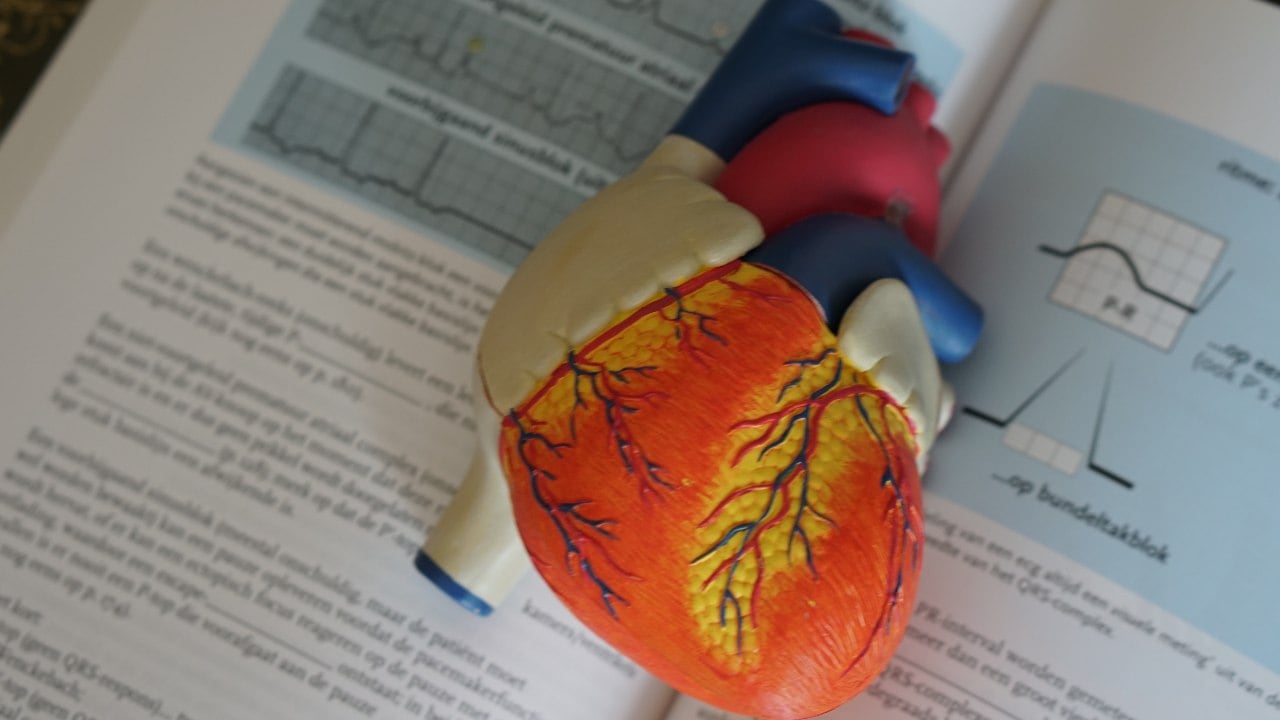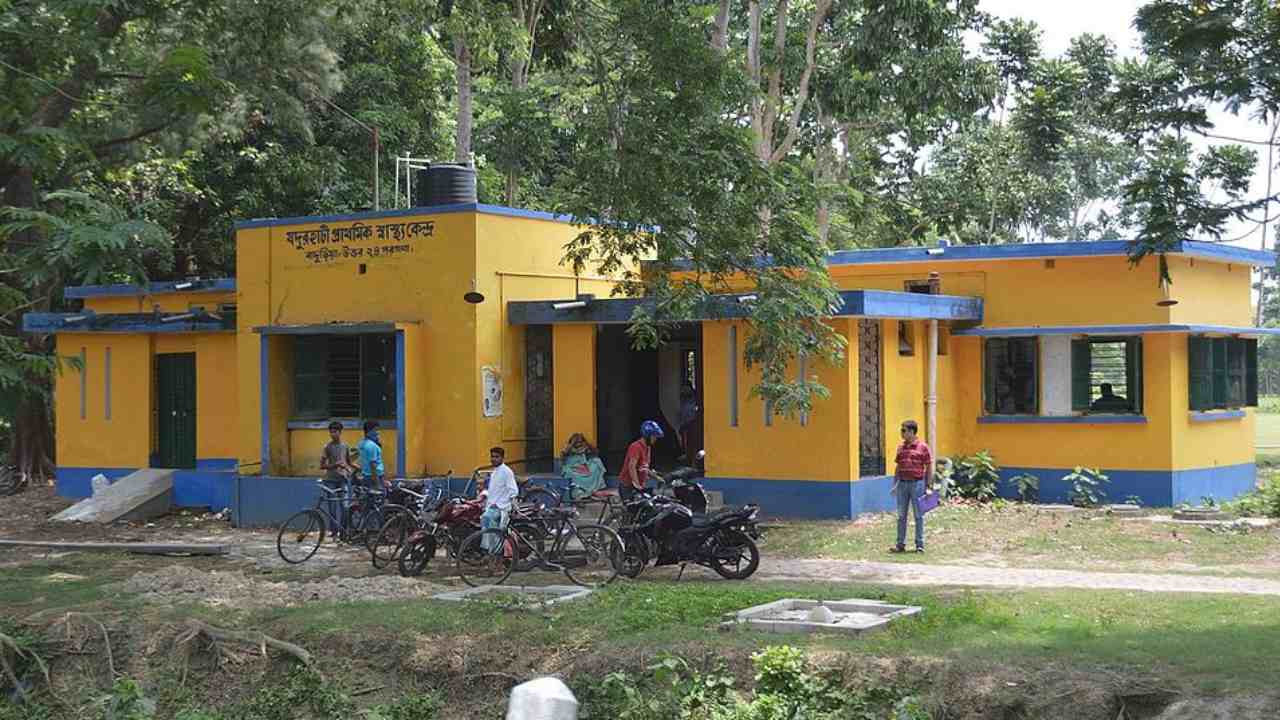Public-private partnerships are key in improving health care access in rural India- Technology News, DD FreedishNews
Mangesh Wange and Manish ChokhandreSep 29, 2020 17:17:17 IST
In India, one in 100 children suffers from Congenital Heart Disease (CHD) of varying severity. These children need dedicated health care facilities, infrastructure and trained workforce that can meet their health care needs. CHD surgeries are an expensive affair. And as a result, of the 1.2 lakh children born with heart defects, a mere 30 percent are diagnosed on time and treated every year. The diagnosis of CHD also carries a high risk of mortality, morbidity and chances of becoming handicapped.
Identifying and counselling the parents and mobilization especially in rural areas is another complexity, which makes this problem harder to solve. Stigma, delays in referral resulting in complications or poor outcomes, and co-morbidities (like undernutrition) set in, making the surgery difficult or complicated. Parents, often, are unable to keep up with the capital intensive treatment.

Out of the 1.2 lakh children born with heart defects, a mere 30 percent are diagnosed on time and treated every year.
Social taboos, myths, gender bias, lack of knowledge of existing government programmes, charitable organizations that exist for benefit of economically weaker section of society make it difficult to stage a timely intervention. The number of public hospitals that provide health care at low cost are few and far between. Public hospitals see a large number of patients, and have waiting lists that range anywhere from a few months to a few years. Most cardiac centres are in the private sector and may not be affordable by the masses in India. These are a handful of the factors contributing to the deterioration of children suffering from CHD, due to delayed or no treatment available to these children.
As a nation, we can address this problem if the less fortunate are given support at the right time. Given the need for high resource and specialization, this problem can be best solved through the collaborative efforts of all stakeholders — affected parents, social organizations, frontline health workers, governments and medical specialists and hospitals.
The non-profits and development partners along with front line workers can support in early screening and intervention. Since they are in regular touch with the community, they can play a crucial role addressing the challenges that the parents and children face. They can also establish the link to higher facilities for identification and required treatment for children with CHD. The front line workers and hospitals further need to link these children to the existing government schemes. Thus, the Public-Private Partnership (PPP) can play a critical role in addressing the severity of CHD in the country.

The number of public hospitals that provide health care at low cost are few and far between and have waiting lists that range anywhere from a few months to a few years. Representational image. Image credit: Wikipedia
A partnership that was successful in this effort, in Maharashtra, was the Swades Foundation and Government of Maharashtra, in collaborated with the Paediatric and congenital heart centre at Wockhardt Hospitals. Through the intervention, free-of-cost health care was offered to children in many underpriviledged communities in the state. This increase in coverage of health services for the children with CHDs was implemented in seven blocks of the Raigad district — Poladpur, Mahad, Mangaon, Tala, Mhasala, Shrivardhan, and Sudhagad.
The public and private partnership has ensured the delivery of specialized care to some 146 children suffering critically with CHD so far, who would not have been able to afford the diagnosis and treatment. The partnership has continued its efforts over the last five years. In this time, 704 symptomatic children were identified, and 146 children with varying degrees of complex heart disease were operated upon. The treatment included surgeries of varying complexities and catheter-based interventions under expert care.
In 2019-20, the survey with support from Wockhardt hospital in seven blocks showed the disease burden has gone down to a negligible level if not zero. It shows the immense possibility that such public-private association can reform the healthcare system, particularly in rural India.
Mr Mangesh Wange is the CEO of Swades Foundation and Dr Manish Chokhandre is a Consultant Pediatric Cardiologist with Wockhardt hospital.
#Publicprivate #partnerships #key #improving #health #care #access #rural #India #Technology #News #DD FreedishNews











